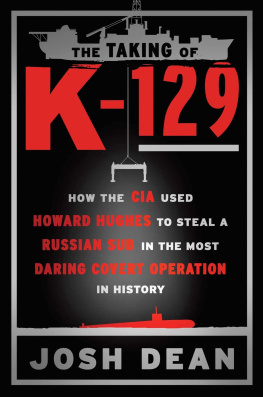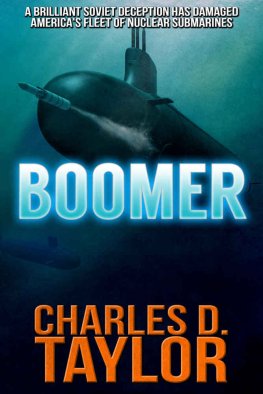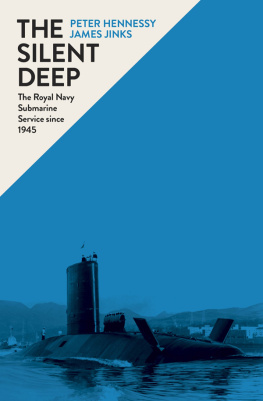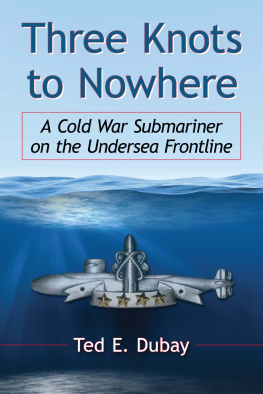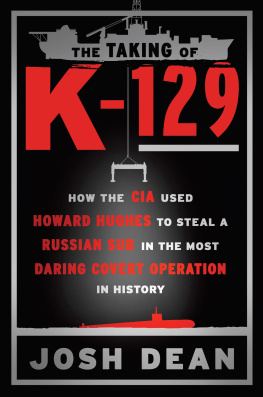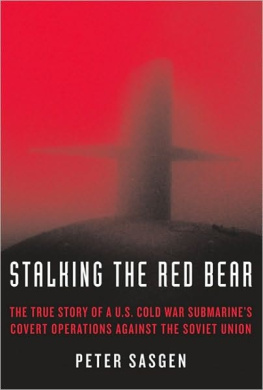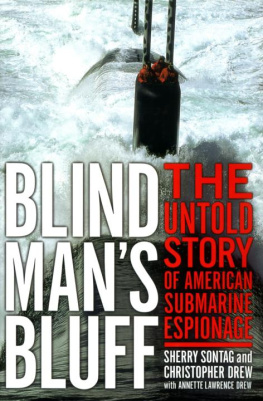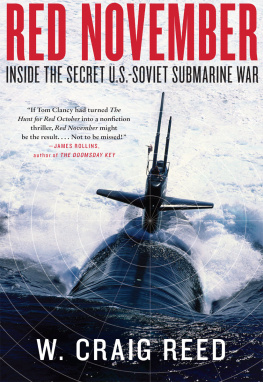Josh Dean - The Taking of K-129: How the CIA Used Howard Hughes to Steal a Russian Sub in the Most Daring Covert Operation in History
Here you can read online Josh Dean - The Taking of K-129: How the CIA Used Howard Hughes to Steal a Russian Sub in the Most Daring Covert Operation in History full text of the book (entire story) in english for free. Download pdf and epub, get meaning, cover and reviews about this ebook. year: 2017, publisher: Random House, genre: History. Description of the work, (preface) as well as reviews are available. Best literature library LitArk.com created for fans of good reading and offers a wide selection of genres:
Romance novel
Science fiction
Adventure
Detective
Science
History
Home and family
Prose
Art
Politics
Computer
Non-fiction
Religion
Business
Children
Humor
Choose a favorite category and find really read worthwhile books. Enjoy immersion in the world of imagination, feel the emotions of the characters or learn something new for yourself, make an fascinating discovery.
The Taking of K-129: How the CIA Used Howard Hughes to Steal a Russian Sub in the Most Daring Covert Operation in History: summary, description and annotation
We offer to read an annotation, description, summary or preface (depends on what the author of the book "The Taking of K-129: How the CIA Used Howard Hughes to Steal a Russian Sub in the Most Daring Covert Operation in History" wrote himself). If you haven't found the necessary information about the book — write in the comments, we will try to find it.
In the early hours of February 25, 1968, a Russian submarine armed with three nuclear ballistic missiles set sail from its base in Siberia on a routine combat patrol to Hawaii. Then it vanished.
As the Soviet Navy searched in vain for the lost vessel, a small, highly classified American operation using sophisticated deep-sea spy equipment found itwrecked on the sea floor at a depth of 16,800 feet, far beyond the capabilities of any salvage that existed. But the potential intelligence assets onboard the shipthe nuclear warheads, battle orders, and cryptological machinesjustified going to extreme lengths to find a way to raise the submarine.
So began Project Azorian, a top-secret mission that took six years, cost an estimated $800 million, and would become the largest and most daring covert operation in CIA history.
After the U.S. Navy declared retrieving the sub impossible, the mission fell to the CIAs burgeoning Directorate of Science and Technology, the little-known division responsible for the legendary U-2 and SR-71 Blackbird spy planes. Working with Global Marine Systems, the countrys foremost maker of exotic, deep-sea drilling vessels, the CIA commissioned the most expensive ship ever built and told the world that it belonged to the reclusive billionaire Howard Hughes, who would use the mammoth ship to mine rare minerals from the ocean floor. In reality, a complex network of spies, scientists, and politicians attempted a project even crazier than Hughess reputation: raising the sub directly under the watchful eyes of the Russians.
The Taking of K-129 is a riveting, almost unbelievable true-life tale of military history, engineering genius, and high-stakes spy-craft set during the height of the Cold War, when nuclear annihilation was a constant fear, and the opportunity to gain even the slightest advantage over your enemy was worth massive risk.
Josh Dean: author's other books
Who wrote The Taking of K-129: How the CIA Used Howard Hughes to Steal a Russian Sub in the Most Daring Covert Operation in History? Find out the surname, the name of the author of the book and a list of all author's works by series.

